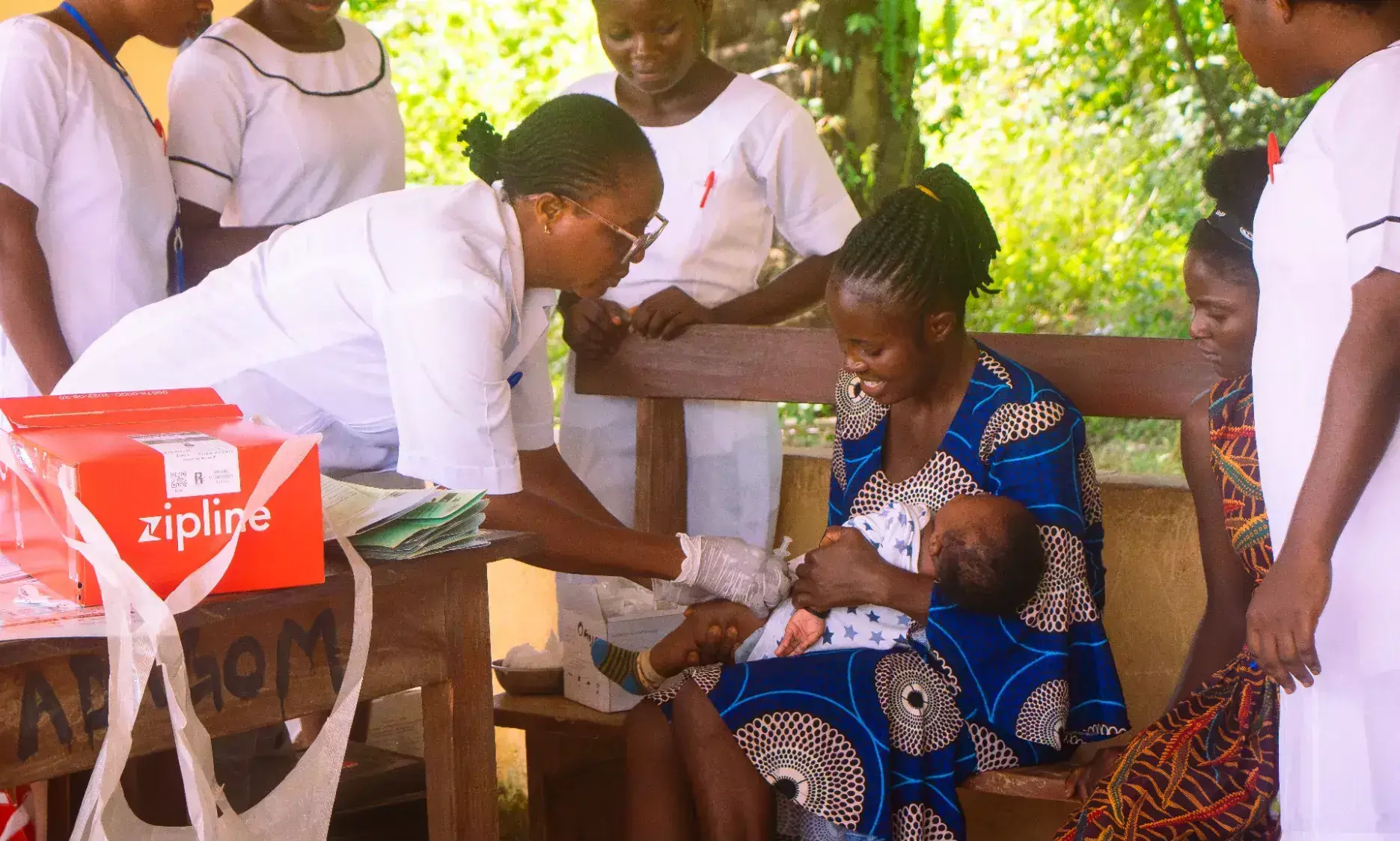Zipline expands African medical drone network with major US backing
US–Africa partnership could boost Zipline’s deliveries to 15,000 facilities and reach 130 million people.

Zipline is set to rapidly scale its life-saving drone delivery network across Africa after securing up to $150 million from the U.S. State Department, with African governments expected to more than double this investment through utilisation fees. At full scale, the partnership could expand Zipline’s reach from 5,000 to 15,000 hospitals and health facilities, giving as many as 130 million people instant access to blood and essential medicines.
The agreement introduces a new pay-for-performance model, under which Zipline will receive U.S. financing only when African governments sign expansion contracts and commit to long-term logistics payments worth up to $400 million. The funding will strengthen the AI and robotics infrastructure that supports 24/7 delivery of medical supplies.
Zipline CEO Keller Rinaudo Cliffton said the U.S. government’s support will help expand an autonomous logistics system that has already transformed healthcare access across Africa. U.S. Under Secretary Jeremy Lewin described the partnership as an example of the “results-driven” assistance strategy aimed at catalysing private capital and supporting American innovation abroad.
Since its first delivery in 2016, Zipline has carried out 1.8 million autonomous flights with no safety incidents. Independent research shows major improvements in public health where Zipline operates, including reduced maternal deaths, fewer stockouts of medicines and vaccines, and higher immunisation rates. In some African regions, Zipline has cut delivery times from an average of 13 days to under 30 minutes.
African governments have long financed Zipline’s services to strengthen health systems. The new expansion is designed to multiply the impact of these investments. Rwanda is expected to be the first country to sign under the new model, building on years of partnership. Its ICT and Innovation Minister Paula Ingabire said drone deliveries had already saved lives and cut costs.
Nigeria’s Health Minister Muhammad Ali Pate said the country’s existing Zipline operations show how drone delivery can remove stockouts, create new access points and improve treatment outcomes. Côte d’Ivoire’s Health Minister Pierre Dimba said Zipline had strengthened health facilities and improved access for rural communities, and that the expansion aligns with the country’s push for a resilient, modern health system.
The U.S. financing will support the development of new Zipline hubs, which will be built and staffed locally, creating skilled jobs and generating economic growth. Zipline Africa CEO Caitlin Burton said the partnership marks a turning point in foreign aid, supporting Africa’s vision while accelerating adoption of proven American technology.
As autonomous logistics still serves less than 1% of the global population, Zipline sees a vast opportunity for expansion. The company’s African success demonstrates how a results-based model can scale what works and help countries build long-term, sustainable infrastructure. With support from African governments and the United States, Zipline believes autonomous delivery is now becoming a central part of future healthcare systems.


